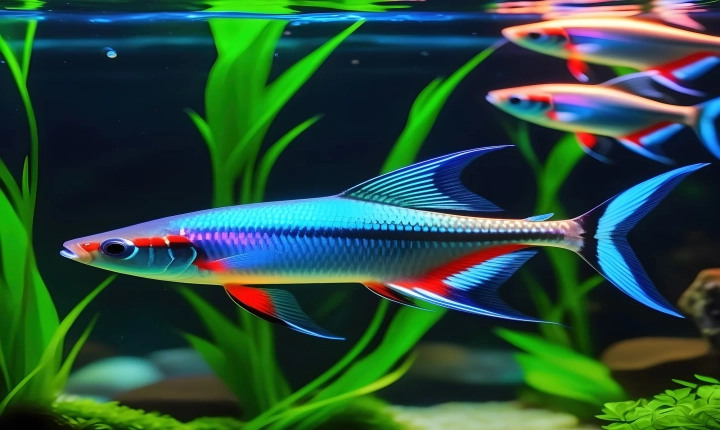Can ChatGPT Play Chess? Exploring the Capabilities of AI in Gaming
Artificial intelligence has made remarkable progress in recent years, with advancements in machine learning and natural language processing enabling powerful applications in a wide range of domains. One such domain is gaming, where AI systems have been developed to compete with human players in complex games like chess. With the rise of ChatGPT, a language model developed by OpenAI, many have wondered: can ChatGPT play chess?
The short answer is: not in the traditional sense. ChatGPT was primarily designed for natural language processing tasks, and while it can understand and generate text about chess, it does not have the capability to play chess like a human or a dedicated chess-playing AI program such as Stockfish or AlphaZero.
Traditional chess-playing AI programs operate by simulating potential game scenarios, evaluating the best moves based on a set of rules and heuristics, and choosing the optimal move at each turn. These programs utilize advanced algorithms and computational power to calculate possible moves and their outcomes, enabling them to compete at the highest levels of chess.
In contrast, ChatGPT excels at understanding and generating human-like text based on the input it receives. While it can certainly discuss chess strategies, rules, history, and related topics, it lacks the ability to execute the intricate calculations and decision-making processes required to play chess at a competitive level.
However, the capabilities of AI are continually evolving, and researchers are constantly pushing the boundaries of what AI systems can achieve. While ChatGPT may not be able to play chess today, it is not outside the realm of possibility that future iterations of AI language models could be trained to learn and play chess at a more sophisticated level.
In fact, OpenAI has developed other AI systems, such as OpenAI Five for playing Dota 2 and OpenAI Codex for coding assistance, which demonstrate the potential for AI to excel in complex, real-time decision-making tasks. These developments suggest that, with further advancements in AI technology and training methodologies, it may eventually become feasible for AI language models like ChatGPT to learn and compete in games like chess.
Moreover, the intersection of natural language processing and gaming has led to intriguing possibilities for creating more immersive, interactive gaming experiences. ChatGPT could be leveraged to develop intelligent, conversational game characters and dialogue systems that adapt to player input, enhancing the storytelling and player interaction in video games.
In summary, while ChatGPT is not currently capable of playing chess like a human or specialized AI program, the ongoing progress in AI research and development suggests that the future may hold exciting prospects for AI-powered gaming experiences. Whether it’s through more advanced language models learning to play games or enhancing the interactive elements of gaming with natural language processing, the potential for AI in gaming continues to expand, offering new horizons for innovation and creativity.
